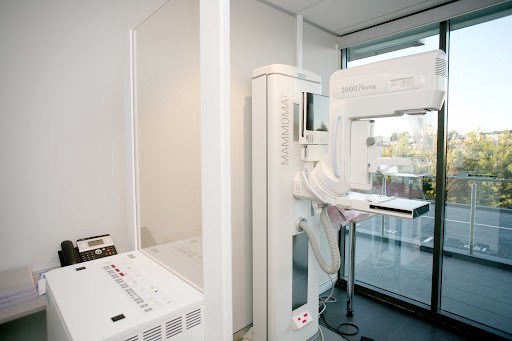An obstetric ultrasound is a very safe and accurate investigation of your unborn baby. Ultrasound uses harmless high frequency inaudible sound waves to obtain images. Ultrasound waves are not dangerous or irritating for you or your baby.
Overview
Using advanced imaging ultrasouaand systems, Synergy Radiology provides high image quality for medical diagnosis in obstetrics. Our sonographers and specialist radiologists highly trained and experienced in all facets of obstetric imaging.
Preparing for an Obstetric Ultrasound
Please bring your referral (letter from your doctor) and your Medicare and/or Pension Health care card with you to your appointment. It is important to bring all previous results relating to the region being imaged.
Please be on time for your appointment to ensure there is sufficient time available to perform the procedure.
To ensure clear images, you will be asked to attend with a full bladder. This is achieved by emptying your bladder 2 hours before your appointment and then immediately drinking 600ml of water. Do not empty your bladder again before the procedure. You may eat normally and take any necessary medication.
Scanning
The ultrasound waves are transmitted and collected via a hand held probe which is moved over the abdomen. You will not feel any pain or discomfort.
Your procedure will take up to approximately 15-60 minutes.
Results
An ultrasound is an extremely accurate diagnostic tool. Very rarely, though, some abnormalities cannot be detected due to the position of the baby, gestational age (weeks) or other normal variations. Do not be alarmed if the trained sonographer or specialist recommends another scan or further tests. Your procedure will take approximately 15-60 minutes, after which you may have to wait while the images are prepared and reported. You can also pick up the films and report at a later time. They can also be provided on CD or electronic transfer to your referring practitioner if requested.
We understand that some patients are anxious about having tests performed. If you do have any questions or concerns, please do not hesitate to ask our staff. Synergy Radiology strongly advises that you return to your referring doctor, in order for your doctor to discuss your radiology report with you.
FAQs
Why has my doctor requested an ultrasound?
Ultrasound is a non-invasive investigation to assist in monitoring your pregnancy. This examination may provide valuable information about your pregnancy that will assist the doctor in ensuring a successful outcome for you and your baby. Yes, please let reception know when making your appointment. We have female radiographers and sonographers sensitive to the needs of female patients.
There are many reasons a doctor may request an ultrasound. Some of these are:
- To assist in determining the gestational age (when the baby is due).
- To assess the growth of a baby.
- To assess the number of babies.
- To check for possible abnormalities.
- To follow-up on any bleeding during the pregnancy.
What is the difference between a Nuchal Translucency scan and an Obstetric Ultrasound?
A Nuchal Translucency scan is an ultrasound usually performed between 11th to 13th week of pregnancy. It is a screening process (ultrasound and blood test) to assess the risk for your baby of certain chromosomal abnormalities, including Down Syndrome. For more detailed information please see our Nuchal Translucency section.
Can I eat before having an obstetric ultrasound?
You can eat before your ultrasound. You are required to have a full bladder. It is necessary to drink 600-800ml of water two hours prior to the scan and refrain from going to the toilet before the scan.
Can I have a female sonographer/technician to perform the scan?
Yes, please let reception know when making your appointment. We have female radiographers and sonographers sensitive to the needs of female patients.
Is this test safe for my baby?
Ultrasound is a very safe and accurate investigative tool used to assess many organs in the body. Ultrasound uses harmless high frequency inaudible sound waves to obtain images. Ultrasound waves are not dangerous or irritating to adults or children. There is NO radiation with an ultrasound examination.
Will the sonographer performing my scan tell me what’s wrong?
It is the sonographer’s duty to perform the test and ensure the images are of high quality for the radiologist (specialist) to interpret them.



